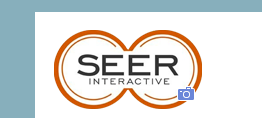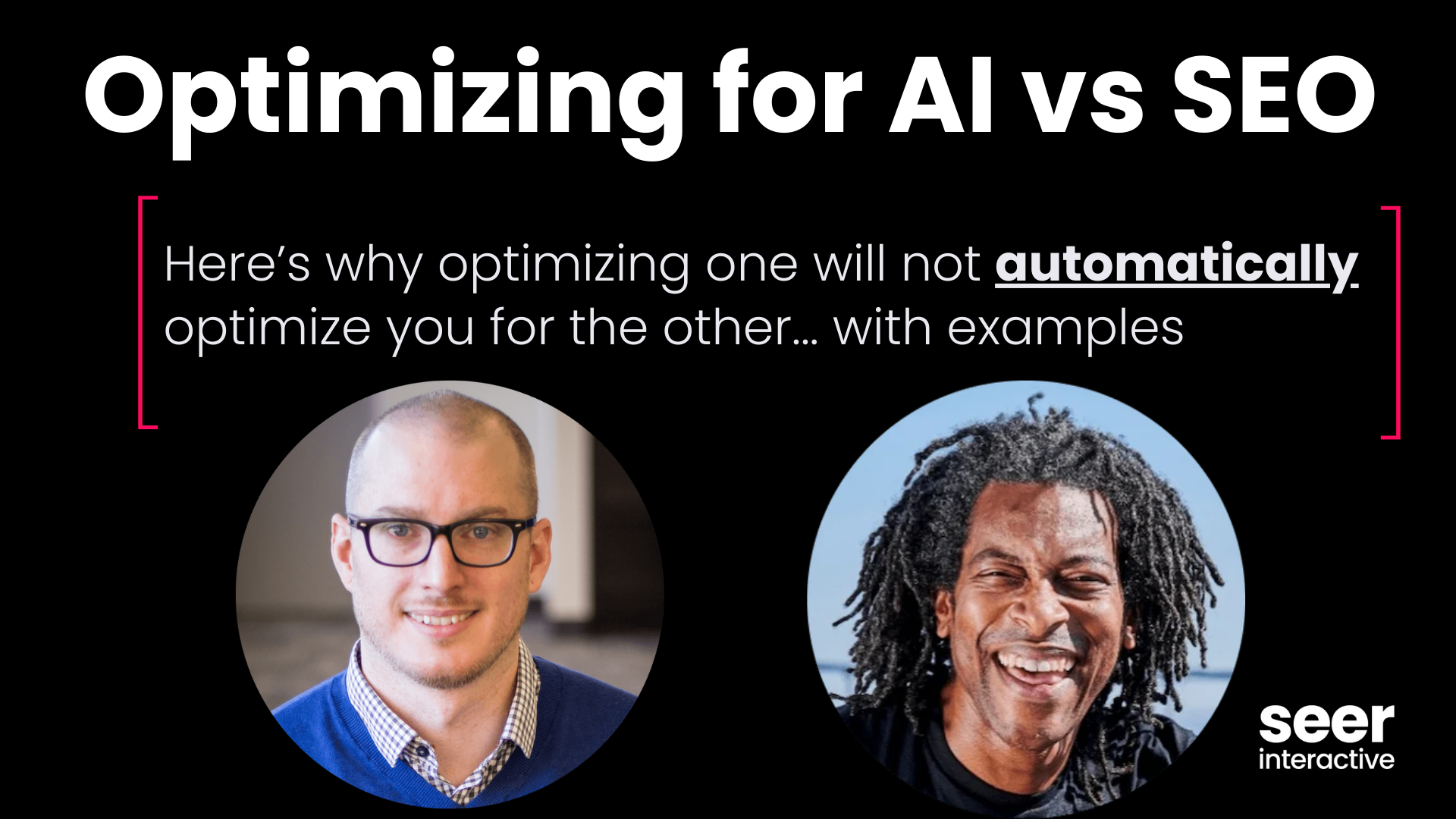Time is always crunched to find a few queries that provide quick wins for linking. Short & simple below, these search query examples worked tremendously well in the past week.
When you're kicking off a new client, you want to know everything about them. SEER gets this done through a lengthy questionnaire among other things. We get a ton of info, but there are always some items we've missed that are easy linking opportunities:
![]()
The larger the company, the more likely they will not know every event they sponsored. Running through the first few pages of SERPs could provide logo linking opportunities or branded anchor text links. If it's already paid for, why not make sure you're getting the link value?
While still in the same vein of kicking off a new client, do an image search to find out where their images are, but aren't getting links.

The little camera is the Search By Image plugin from Google. It will show all sites using your logo. You can take the long way & go through every result to see if the site is linking OR there are two faster ways:
1. Scrape the results using Outwit, then run those URLs through Screaming Frog (that leads to Aichlee Bushnell's post on some monster ways to use the software) 2. Add your image into ImageRaider. The site will then go through & find all sites using this image AS WELL AS let you know if the site is linking or not. Pretty powerful AND free to try.
Is your client/your company open to sponsoring events? Reverse that query so it looks like:
![]()
*Update (2/20/14) - use sponsorship linking at your own discretion. If it makes marketing sense for your site, I'd say go for it. If your entire linking strategy is sponsoring/buying links, create a more well rounded strategy that focuses on providing value to your audience.
This will bring back all sites that have the word "sponsors" in the URL as well as bring back affordable sponsorship opportunities starting at $100. This query brings back GREAT results, but has two holes:
1. Brings back sites that may mention sponsors at a $100 level, but those pages don't link out to anyone. 2. Brings back $100,000 sponsorship pages. I don't want to knock $100k sponsorships, if it makes sense it makes sense, but I'm going to be looking for more affordable ones.
Are you in need of some higher domain authority sites? Add onto that query:
![]()
You can qualify the value of these sites by running it through OSE or other tools that can automate your evaluation just by dropping in the URLs. The big things on my radar when doing this are number of backlinks to that page, PR, DA & to make sure that the sponsorships aren't outdated. We have a post from last year about 25 ways to qualify a link if you need some other suggestions on how to determine the value of a page.
Also, you don't have to include the AND depending on your query, but it organizes the different variables in my mind.
You can switch it out to be .gov instead of .edu, but you can also make it even longer so that it fits your business:
![]()
Of course, switch it up to see what brings back the best results that fit your site:
![]()
Downsides to expanding your search:
1. Will bring back fewer results or zero results. 2. Will bring back other sponsors that are in your industry & less of a page related to your industry.
The second downside can then be turned into an upside. Find where else your competitors are sponsoring/advertising/promoted & figure out how to get there too.
Alright, so we have one idea about finding existing sponsorships and one about finding new ones. Insert your paid link argument here, but if your company sells skis and you sponsor a college ski club without being crazy about your anchor text, I can only see that as a win.
Moving away from sponsorships to other places where you client/business might already be mentioned:
![]()
The interview might be recent, it might be 5 years old, but finding existing interviews with your company/client should be easy wins to ask for a link.
Downsides:
1. Many articles might already be linking. 2. It could be a stretch to reach out about a link years after the fact. 3. There might not be any results if the client/company is new.
If you never ask, you probably (writing a post after a test is finished about NOT asking for a link) won't ever get one.
For the #3 downside, again, reverse it to find where your competitors have been interviewed.
![]()
Repeat that over again with your competitor company name as well as their C-levels.
Hopefully these queries will help you find more linking opportunities. If you find these useful, play around with more. You can also follow me on twitter, @adammm, or find other SEER people on twitter by following @seerinteractive.
Lastly, check out the Link Search Tool from soloseo. There are a TON of queries there similar to those above that I go to on a regular basis.


